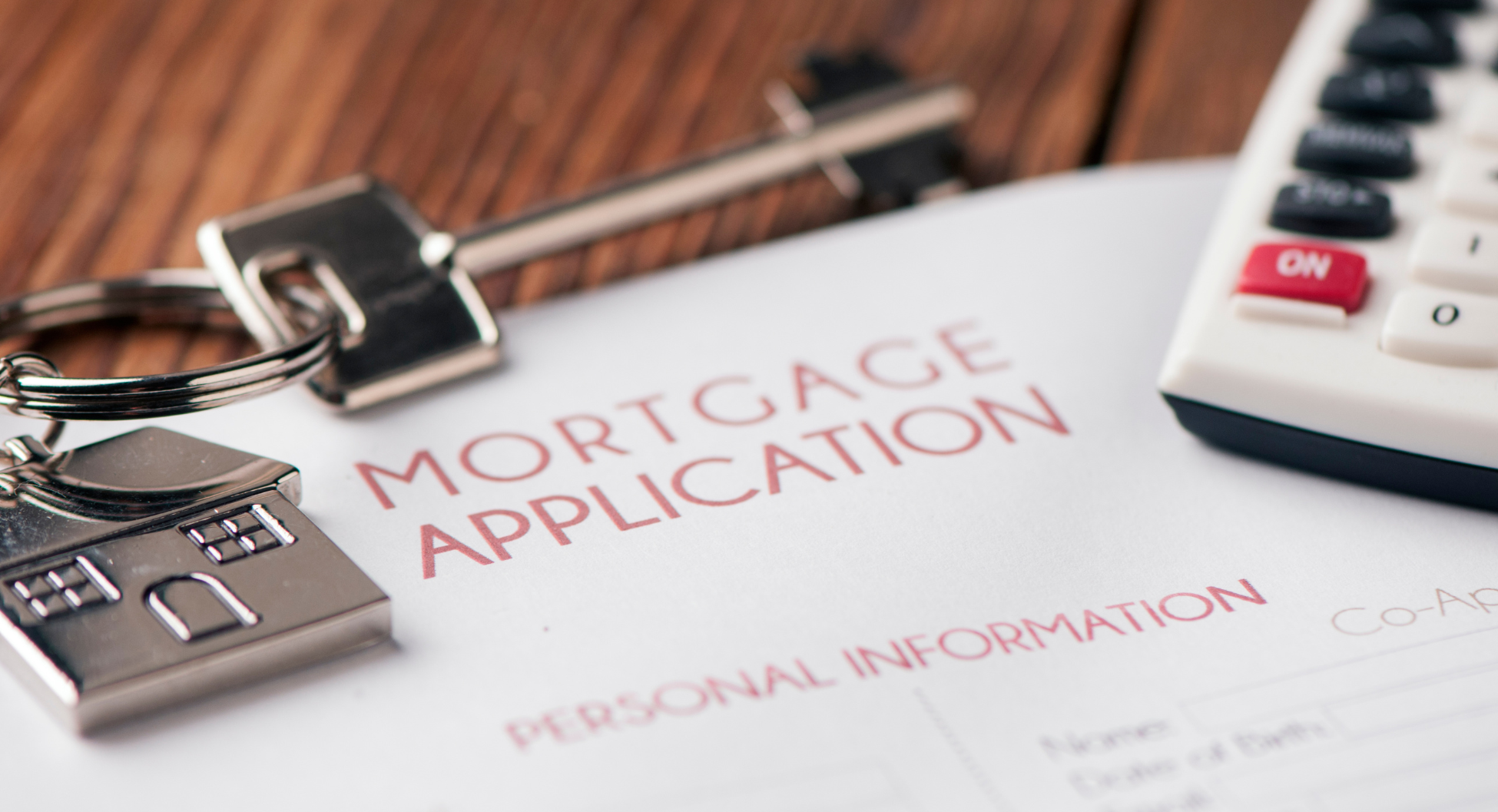When you apply for mortgage to buy a home, the options can be confusing, even overwhelming. Figuring out which loan is right for you depends on several factors. How long do you plan to hold the loan? How much cash do you have? What is your monthly income and credit score?
To make matters more complicated, the finance industry has enough vocabulary to fill its own dictionary. So, before we dive into this topic, let’s define a few terms, such as annual percentage rate (APR) and mortgage points. The APR is the interest rate plus the cost of getting the loan, averaged over the life of the loan. Mortgage points are fees paid to the lender, usually in exchange for a discounted interest rate. The cost of each point equals 1 percent of your loan.
So, as you try to determine whether to choose a loan with a 7 percent interest rate and 0 points or one with a 6.75 percent rate and 2 points, you should know that the APR is almost identical on these two loans. Knowing which loan is right for you depends on how long you plan to hold the loan. The APRs are only the same if you plan to keep both loans for 30 years. If you pay off the loan early, the 7 percent loan is your best bet.
Sometimes your financial status determines the choice of loans for you. A 2 percent difference in the interest rate can significantly raise the cost of the loan—an extra $8,000 on a $400,000 loan. It doesn’t matter how great the terms of a loan are if you can’t afford it!
This same principle applies when choosing the length of the loan: should you get a 15- or 30-year loan? You’ll save money with a 15-year loan because your rates will be lower and you’re only making payments for half the time. But you can also expect monthly payments to be about 30 percent higher. For example, you’ll save $87,600 in interest payments on a $100,000 mortgage if you go with a 15-year loan at 6 percent instead of a 30-year loan at 7 percent. But if you don’t have the income to cover the higher monthly payments (or if you’d rather use that income for something else), then you should choose the 30-year term.
If you’re comfortable taking a risk, you might consider an adjustable-rate mortgage (ARM), which means your interest rate will fluctuate along with the market. If the rates go up, your rates go up and that usually means your loan payments go up; if rates go down, your loan payments go down. Caps and floors limit how high or low your interest rate can go, and how fast interest rates can change. All of these details are negotiated at the time the loan is originated.
The rate on an ARM loan will start lower than a fixed-rate loan, allowing you to get a larger loan than you’d otherwise qualify for, but it comes with substantial risk. If interest rates go up and you stretched your budget to afford the bigger loan, then you might not be able to make your payments. Before you accept an ARM loan, make sure you’re comfortable with the potential outcomes.
If you don’t have great credit, conventional lenders will charge you a higher rate for a loan. Private lenders will make loans with little reliance on credit, but major reliance on property value and loan value. Most of these loans are in the 60 to 70 percent loan-to-value range, requiring greater cash up front and almost always a higher interest rate. One thing they will have in common with a conventional loan is that legally, lenders are required to determine that you have the ability to make the payments.
All in all, you should choose a loan based on what you can afford and the level of risk you are willing to take. For the lowest risk, choose a 30-year, fixed-rate loan. If you’re okay with some uncertainty, then choose an adjustable loan. If you can afford to pay off a loan in 15 years rather than 30, choose the 15-year term and take advantage of a lower interest rate.
If you have questions about property management or real estate, please contact me at [email protected] or call (707) 462-4000. If you have an idea for a future column, share it with me and if I use it, I’ll send you a $25 gift certificate to Schat’s Bakery.
Dick Selzer is a real estate broker who has been in the business for more than 45 years.


